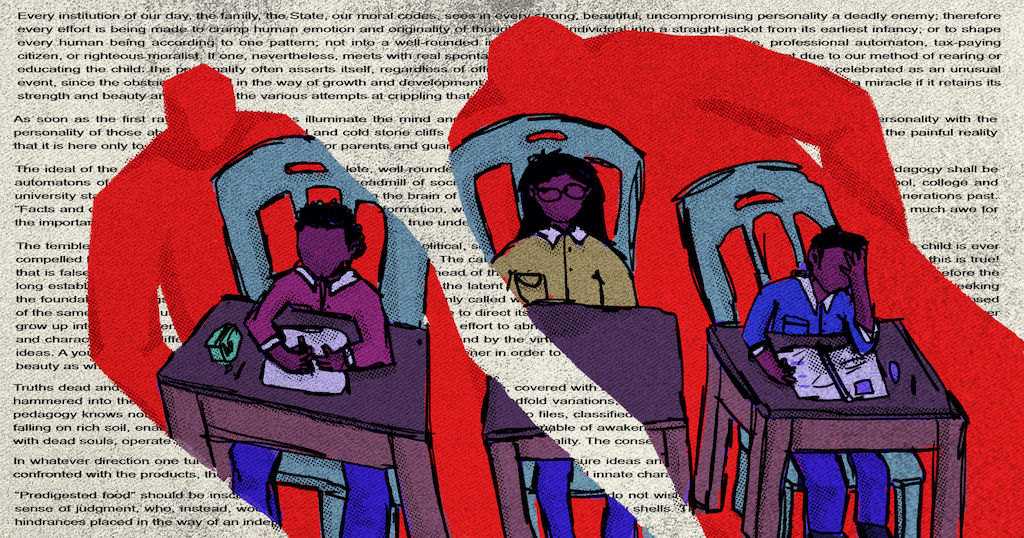“Complete waste of time”: mandatory A-Levels push faces rural reality check
Only 59 out of 212 schools offer A-Levels.

Artwork: Dosain
Outcry
Absence of formal career guidance that forces students to make uninformed subject and degree choices.
Inclusion of Dhivehi and Islam as compulsory A-Level subjects, creating an additional burden and placing Maldivian students at a global disadvantage since these subjects aren't considered for university entrance abroad.
October-November exam timing out of sync with international university admissions, especially the popular September intake.
Rural experience
Capital reality
Educational divide
Discussion
No comments yet. Be the first to share your thoughts!
No comments yet. Be the first to join the conversation!
Join the Conversation
Sign in to share your thoughts under an alias and take part in the discussion. Independent journalism thrives on open, respectful debate — your voice matters.




